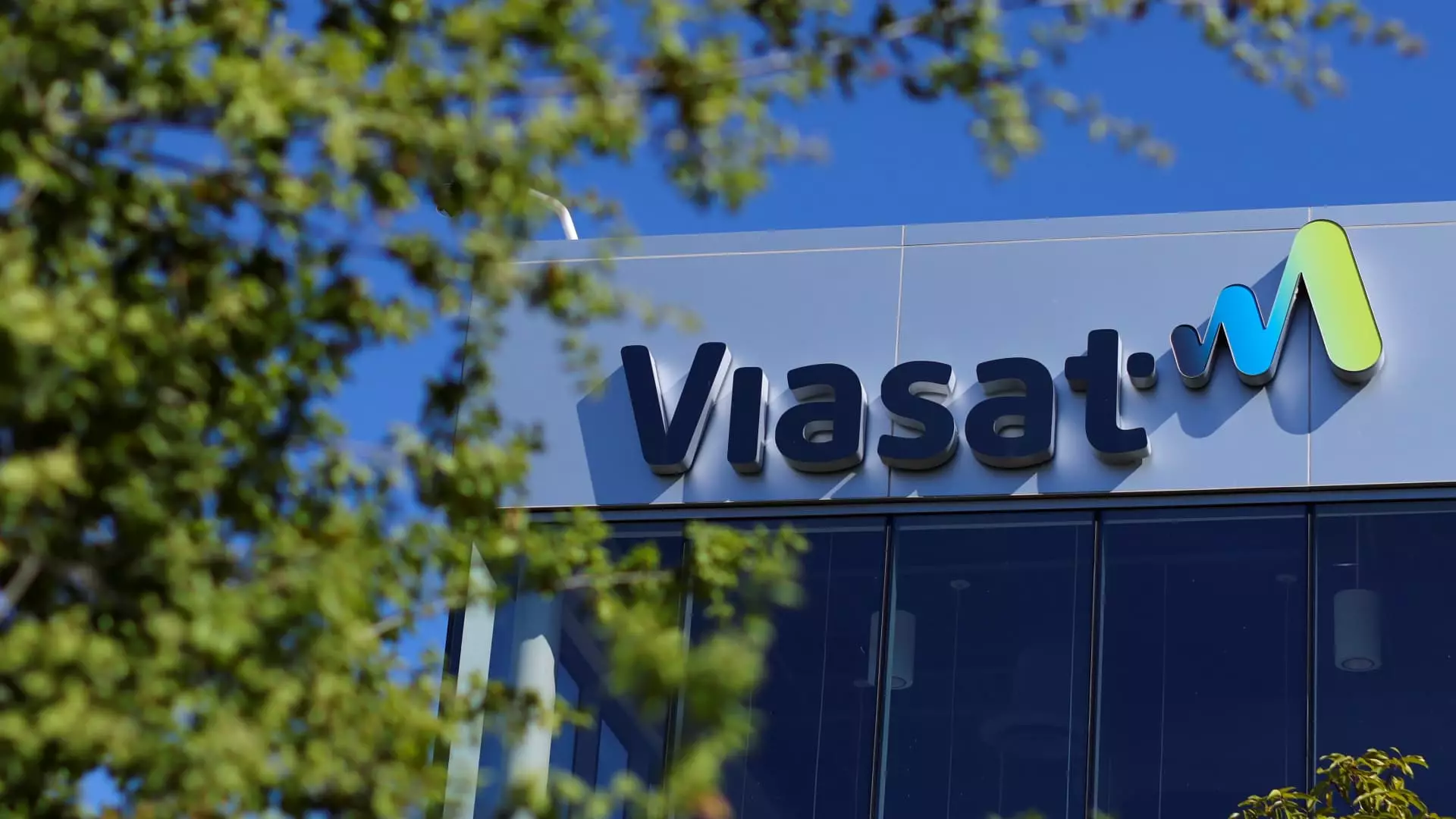Viasat, a contender in the satellite communications arena, celebrated a remarkable 13% stock surge recently spurred by Deutsche Bank’s analyst Edison Yu. His upgrade, shifting Viasat’s status from ‘hold’ to ‘buy,’ reenergized investor interest amid what has been a tumultuous battle with the tech giant Starlink. Yu’s confident assertion that Viasat could effectively enhance its equity value by addressing its debt and potentially monetizing key assets creates a ripple of hope. However, it begs the question: can a single analyst’s endorsement truly shift the trajectory of a company that faces the looming threat of a market leader like Starlink?
Challenges Beyond Financial Metrics
While the raw numbers from Viasat’s stock performance are impressive, the underlying concerns about its long-term viability paint a more complicated picture. Yes, the stock has seen a near 30% increase year-to-date, a performance that eclipses the S&P 500’s decline. But feelings of elation can be misleading when one examines the landscape more critically. Yu’s own acknowledgment of potential long-term pressure from Starlink indicates a cautious optimism that may affect investor sentiment down the line. Starlink, managed by SpaceX’s mastermind Elon Musk, has not only expanded into emerging markets like India and Indonesia but is also poised to transform the satellite internet game entirely.
Dynamic Tactics Amidst Evolving Competition
As Viasat attempts to ride this wave of positive momentum, the company may need to reevaluate its strategic approach. Yu emphasized the opportunity for debt reduction through “asset monetization,” but these financial maneuvers alone lack substance if not coupled with innovation and adaptability. The tech landscape is unforgiving, and satellite communications is not exempt. How Viasat will position itself against recurring technological advancements and agile competitors remains uncertain. The unique selling propositions that set Viasat apart must be persuasively communicated to gain consumer confidence and market share.
Investor Sentiment and Market Speculation
Investor enthusiasm can be a double-edged sword. While speculative trading often spikes prices based solely on rumors or analyst predictions, sustainable growth typically requires more robust foundations. Selling off assets to buoy the balance sheet may signal desperation rather than sound management, a sentiment that could deter forward-thinking investors. Moreover, a volatile market climate raises additional concerns for both new and existing shareholders. Will Viasat slip back into the shadows as stocks fluctuate in response to overarching economic conditions? The investment community is divided on whether the recent uptrend in price reflects genuine optimism or merely a reactionary surge in a highly speculative environment.
Viasat’s journey ahead is not just about market recovery but about redefining its identity in a landscape dominated by the likes of Starlink. Whether this 13% rise marks the turning point for Viasat or is simply a fleeting uptick in an otherwise precarious situation remains to be seen.

Leave a Reply